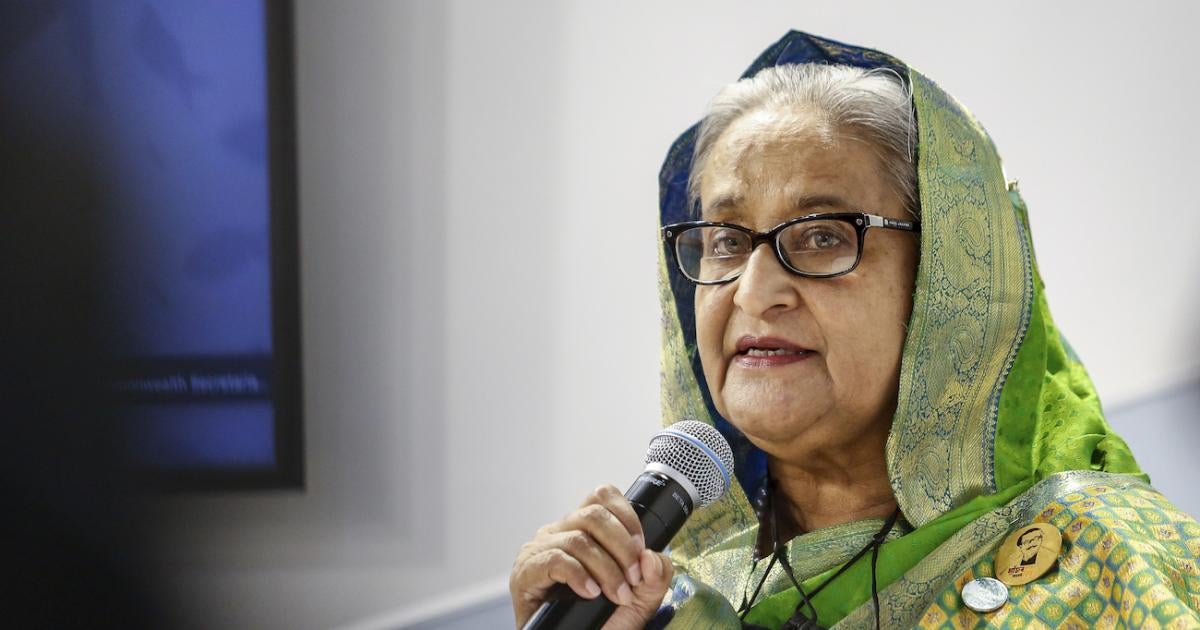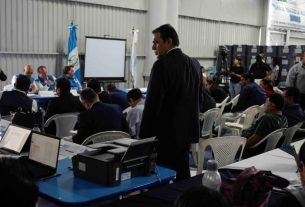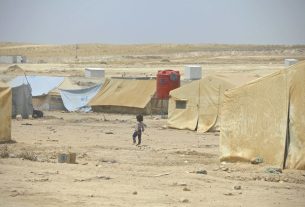At a “Peace and Development Rally” organized on October 9 by Bangladesh’s ruling Awami League, a government official responded to perceived criticism over the government’s recent import of Russian uranium by reportedly threatening to “pour the Russian uranium on the heads of those” opposition members.
“We won’t calm them by beating,” media reported him saying. “Rather we’ll pour uranium over their heads to make them quiet.”
Threats of violence by Bangladesh political leaders are common, and they often instigate attacks. A minister reportedly warned during a recent rally, “Awami League knows what to do if someone gives threat.” However, while the authorities are quick to prosecute critics and opposition members, ruling party leaders are not prosecuted for inciting violence.
Indeed, even Prime Minister Sheikh Hasina has threatened violence. Last year, the prime minister reportedly stated that opposition leaders “should be taken to Padma bridge and dropped into the river.” Ahead of protests in December 2022, Hasina directed her party members, reportedly saying “The hands that would be raised against us have to be broken.” In response to calls to allow Khaleda Zia, the leader of the main opposition party, to go abroad for medical treatment, the prime minister recently lamented that “she is over 80, it is time to die.”
Such statements have succeeded in further chilling free speech as Bangladesh fast approaches the January 2024 national elections. In a country where much of the election violence is carried out by party supporters, such threats by party leaders could help lead to further attacks. Hundreds have died due to election violence in Bangladesh.
If the government is serious about its repeated promises of peaceful elections, party leaders can start by deescalating threats of violence and urging peaceful participation.



